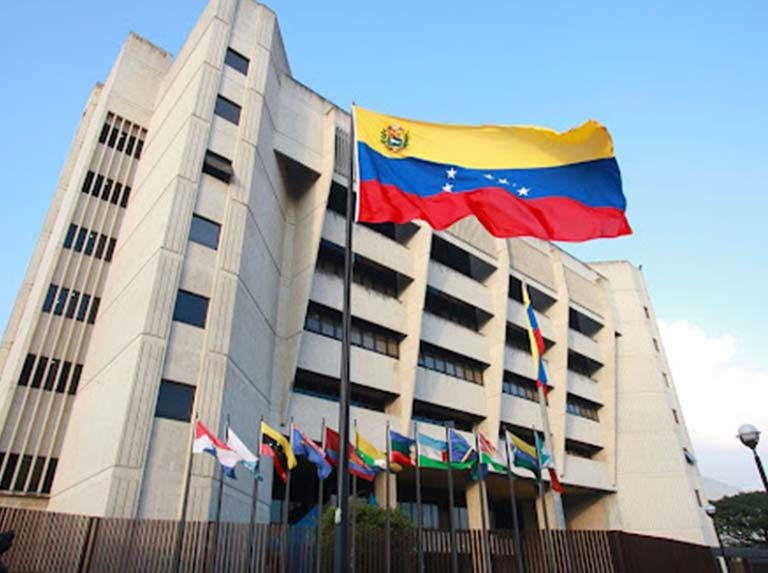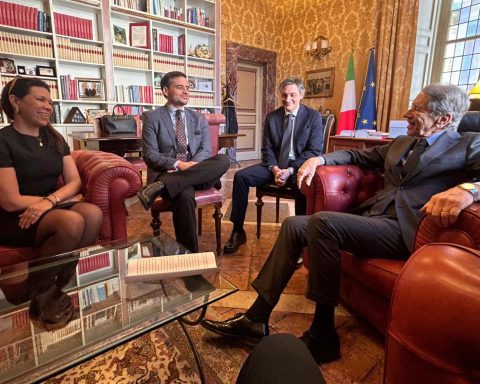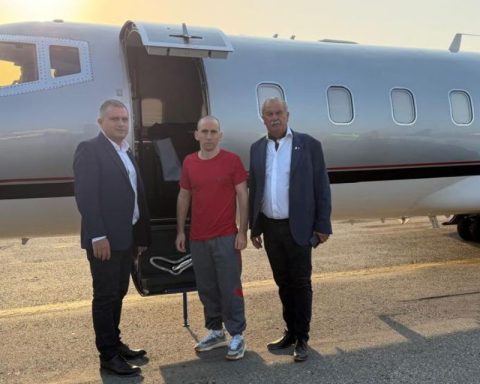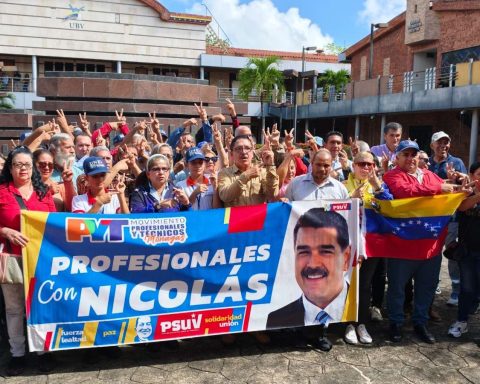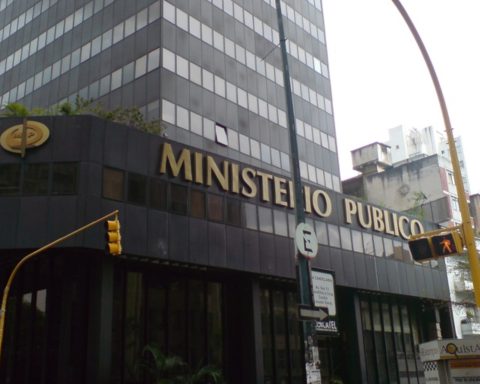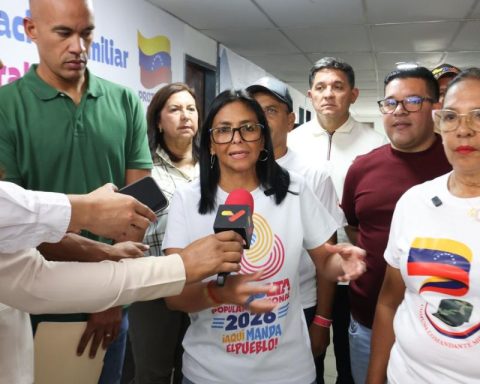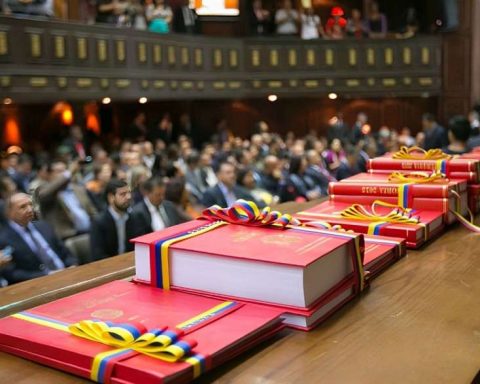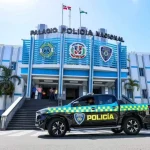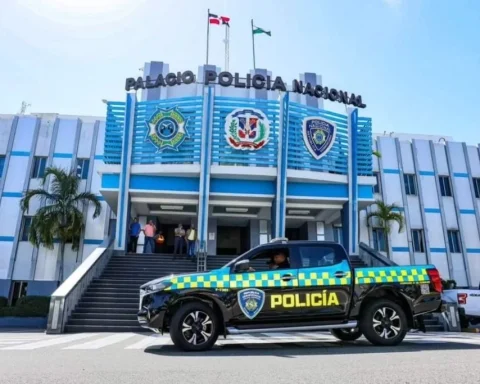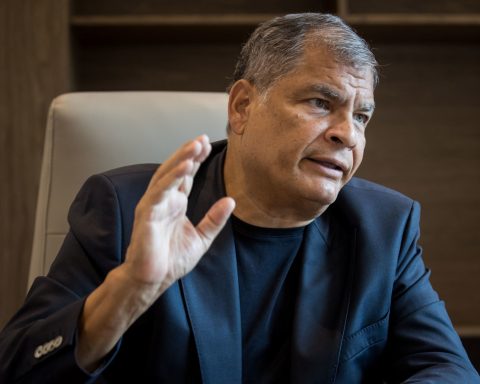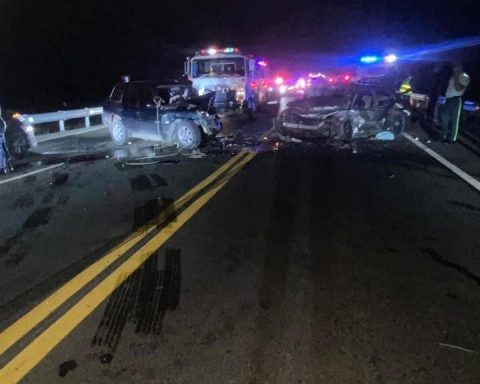For the third time, the Criminal Chamber of the Supreme Court of Justice (TSJ) declared it admissible to request the extradition to Venezuela of the former president of PDVSA, Rafael Ramírez, a position he held between 2004 and 2013, according to sentence 328 drafted by magistrate Elsa Gómez.
On this occasion, the request is addressed to the Republic of Italy, where the former Oil Minister is based, according to the Public Ministry.
The facts for which the Venezuelan justice wants to try Ramírez are partially contained in a ruling of the Court of First Instance of Andorra, dated November 30, 2012.
Said court established that Rafael Ramírez and his cousin Diego Salazar organized a system of commissions in relation to PDVSA’s public contracts, so that the companies that agreed to the tenders would be forced to contract with their business network and by that means be able to obtain the awards, after canceling the millions of euros.
These contracts were held without complying with the controls and regulations, says the Public Ministry.
The money received as a result of commissions by the so-called “Salazar Group” between 2007 and 2012, was legitimized in the Private Bank of Andorra, according to an investigation by the Public Prosecutor of that European State.
And when Diego Salazar was called by the Private Bank of Andorra to explain the movement of funds, he confessed “dedicating himself to intermediating in the purchase and sale of oil, and stating that he was a partner of the citizen Rafael Ramírez Carreño, who occupied for the date the position of Minister of Energy”, says the ruling of the Andorran court.
The criminal investigation initiated in Andorra, for the alleged felony of money or value laundering, also involves the other partners of the Ramírez Group, mostly Venezuelans: Luis Mariano Rodríguez Cabello, Estibaliz Basoa de Rodríguez, Nervis Gerardo Villalobos Cárdenas, Javier Alvarado Ochoa, Anna Piñero Carrabina, Cristina Lozano Bonet, Luis Pablo Laplana Moraes, José Luis Zabala and Omar Farias Luces.
The new request
This new request for extradition activated by the Public Ministry entered the Criminal Chamber on October 14. By that date, the current Minister of Petroleum, Tarek El Aissami, had denounced, before the General Prosecutor’s Office, a new chapter in the corruption plot detected in PDVSA with the alleged participation of Rafael Ramírez. Indeed, on August 30, El Aissami went to the Public Ministry and handed over to its owner, Tarek William Saab, a wad of documents.
But the main reason why the Prosecutor’s Office activated this new extradition is money laundering from the collection of commissions to award contracts, a situation that is contained in a report dated November 30, 2017, issued by the National Anti-Corruption Police, carried out based on reports issued by the Andorran Police, the Andorran Financial Intelligence Unit and the United States Treasury Department.
The report states that the amount laundered through company accounts that the Salazar Group maintained in Private Banking in Andorra, for the period from October 2011 to November 2012, reaches the amount of one billion three hundred and forty-seven thousand three hundred and thirty nine thousand nine hundred and seventy-two Euros (€1,347,339,972).
The United States Department of the Treasury estimates that the Private Bank of Andorra facilitated the movement of approximately four million two hundred thousand dollars ($4,200,000.00) related to money laundering from Venezuela, the report specifies.
To launder the money from corruption and the collection of vaccines from PDVSA contractors, the Salazar Group opened 40 “instrumental entities” in Panama, Belize and the British Virgin Islands.
“These instrumental entities were used to manage and launder funds from corruption and fraud, and to hide the identity of their beneficiaries, trying to give the appearance of being commercial companies or technical and commercial advisory companies,” the report details.
For these reasons, the Public Ministry represented in prosecutor 28, Jhoanna Vanessa Borrego Ramírez, requested on September 7 a new deprivation of liberty against Rafael Ramírez for extradition purposes, for the crimes of malicious embezzlement, influence peddling, legitimization of capital and association.
That same day, the Sixth Control Court of Caracas agreed to what was requested by the Public Ministry and forwarded the file to the Criminal Chamber.
The magistrates analyzed the approach, verified that all the requirements were met and declared the extradition request admissible.
The sentence establishes that “the Government of the Bolivarian Republic of Venezuela, by means of the Supreme Court of Justice, in the Criminal Cassation Chamber, assumes the firm commitment before the Italian Republic, that the aforementioned citizen will be prosecuted with due guarantees.” .
Other extraditions
* The first extradition request to bring Rafael Ramírez to Venezuela was approved on August 17, 2018, according to sentence 258 of the Criminal Chamber. On that occasion, the petition was addressed to the Kingdom of Spain, where it was certain that the former president of PDVSA was based there. The request was based on alleged irregularities detected in a contract between PDVSA and Petro-Saudi (September 2010) for the lease of a vessel for the extraction of gas in the Mariscal Sucre project. The contract was signed with a surcharge that reached 274%, according to the Prosecutor’s Office.
* On November 6, 2019, the new extradition procedure began, due to the fact that Rafael Ramírez migrated from Spain to Italy. But that process was based on the same facts as the first extradition request, that is, the contract with an alleged overprice between PDVSA and Petrosaudi.
* This second extradition process was sent to the TSJ on November 25, 2019 by Control Court 10 of Caracas, but was admitted to the Criminal Chamber four months later, specifically on March 12, 2020, according to the accounts. Subsequently, the Criminal Chamber took four months to decide, by approving sentence number 55, on July 29, 2020, that it declared that extradition admissible.
